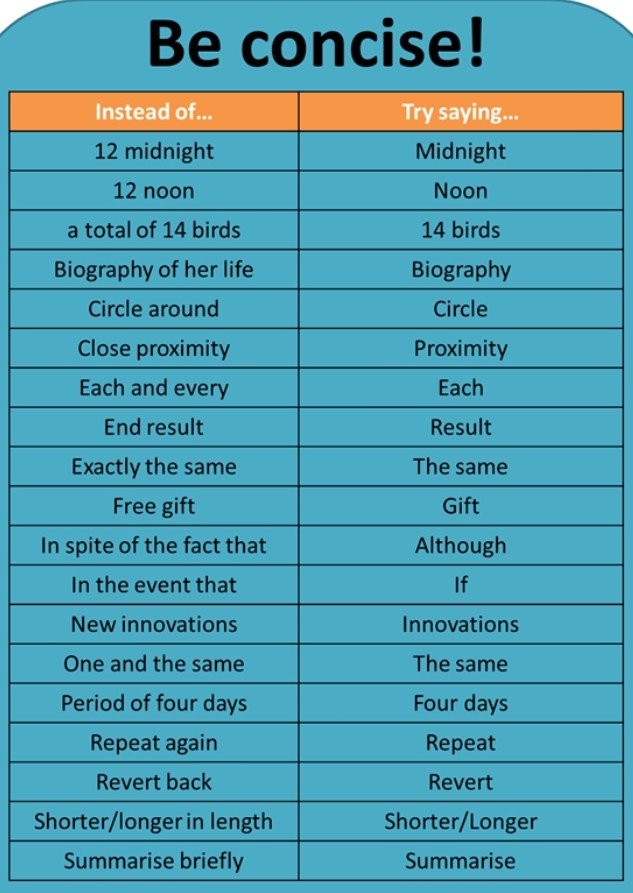What exactly is a tautology? It's the repetition of words with the same meanings, often indicating a lack of education and refinement. Many who use clichéd tautologies mistakenly believe they sound sophisticated, but to the discerning, they come across as ordinary.
For instance, saying "future plan" is grammatically incorrect because all plans inherently focus on the future; planning the past is impossible. Similarly, phrases like "regular routine" or "exact same" are redundant and clash with English grammar conventions.
Additionally, terms like "write down" or "close proximity" contain unnecessary words. Heaven is always perceived as being above, rendering "heaven above" superfluous.
Furthermore, adding "over" to "exaggerate" is itself an exaggeration. "First and foremost" can be simplified to "first" or "foremost," as verbosity doesn't enhance meaning.
Lastly, "unite together" is redundant; "unite" implies coming together. Simplifying language, as exemplified by Jesus's communication style, facilitates understanding and conveys true intelligence effectively.
